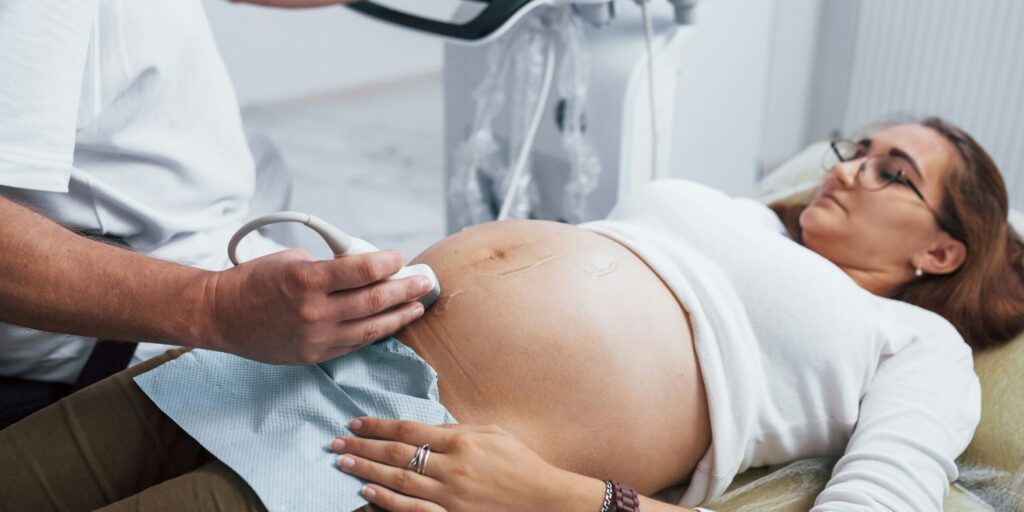In a major step toward addressing maternal health disparities in the United States, the University of Arkansas for Medical Sciences (UAMS) has received an $11.7 million grant from the National Institutes of Health (NIH). The five-year award comes from the NIH’s Center of Biomedical Research Excellence (COBRE) and is intended to support the launch and operation of a new Maternal and Reproductive Community Health Excellence research center. This center will be housed at the Institute for Community Health Innovation in Springdale, Arkansas, and its mission will span communities across the state.
The funding arrives at a crucial time for Arkansas, which consistently ranks among the states with the poorest maternal health outcomes in the nation. The state has one of the highest maternal and infant mortality rates, a problem exacerbated by rural healthcare access barriers, economic challenges, and limited prenatal care options. By establishing a focused research infrastructure, the NIH and UAMS aim to reverse these troubling trends and develop evidence-based solutions tailored to the needs of Arkansas’ diverse populations.
The newly funded center will prioritize research that tackles the most urgent challenges affecting maternal and reproductive health. Among the initial projects is a study aimed at improving depression screening during pregnancy. Maternal mental health, long overlooked in traditional prenatal care, has become a growing area of concern. Untreated depression during pregnancy is linked to adverse birth outcomes, postpartum complications, and long-term developmental issues in children. Researchers will assess new screening tools and intervention models that can be integrated into community health settings, especially those serving rural and underserved populations.
Read Also: https://atoztimes.com/nevadas-public-health-initiatives-yield-positive-outcomes/
Another early focus will be on reducing opioid use during pregnancy—a critical public health issue in Arkansas and beyond. Pregnant women who use opioids face elevated risks of preterm birth, neonatal abstinence syndrome, and maternal mortality. UAMS researchers plan to evaluate both clinical and community-based interventions that can help reduce dependence on opioids and provide supportive alternatives to pain management and addiction treatment during pregnancy.
Gestational diabetes, another pressing concern, will also be addressed through remote monitoring research. This condition, which affects an increasing number of pregnant individuals, can lead to complications such as preeclampsia, large birthweight babies, and a higher likelihood of cesarean delivery. With advances in telehealth and digital health tools, researchers will explore how remote glucose monitoring and personalized care plans can help patients manage the condition more effectively—especially in rural areas where consistent access to specialists can be limited.
While the first wave of research will focus on pregnancy-related issues, the center’s broader mission is to improve reproductive health across the lifespan. Future studies will investigate topics such as access to contraception, infertility, and menopause care. These efforts are designed to bridge long-standing gaps in women’s health research and ensure that reproductive care is inclusive, comprehensive, and equitable.
UAMS officials say the grant will not only boost scientific discovery but also support workforce development and community engagement. The center will provide training opportunities for early-career investigators and will emphasize collaboration with community partners to ensure that research outcomes are translated into practical, on-the-ground solutions. By grounding its work in real-world needs and community voices, the initiative aims to have lasting, measurable impact.
This award positions UAMS as a national leader in maternal and reproductive health research and highlights the federal government’s commitment to improving maternal health outcomes, especially in underserved regions. As maternal mortality continues to rise across the United States—particularly among Black and Indigenous women—projects like this are increasingly seen as essential components of a broader public health strategy.
Through this grant, the NIH and UAMS are taking a bold step toward transforming maternal health care in Arkansas and setting a model for other states to follow. By investing in locally-driven, research-informed solutions, the Maternal and Reproductive Community Health Excellence center hopes to change the trajectory of maternal health and improve the lives of families across the state.


